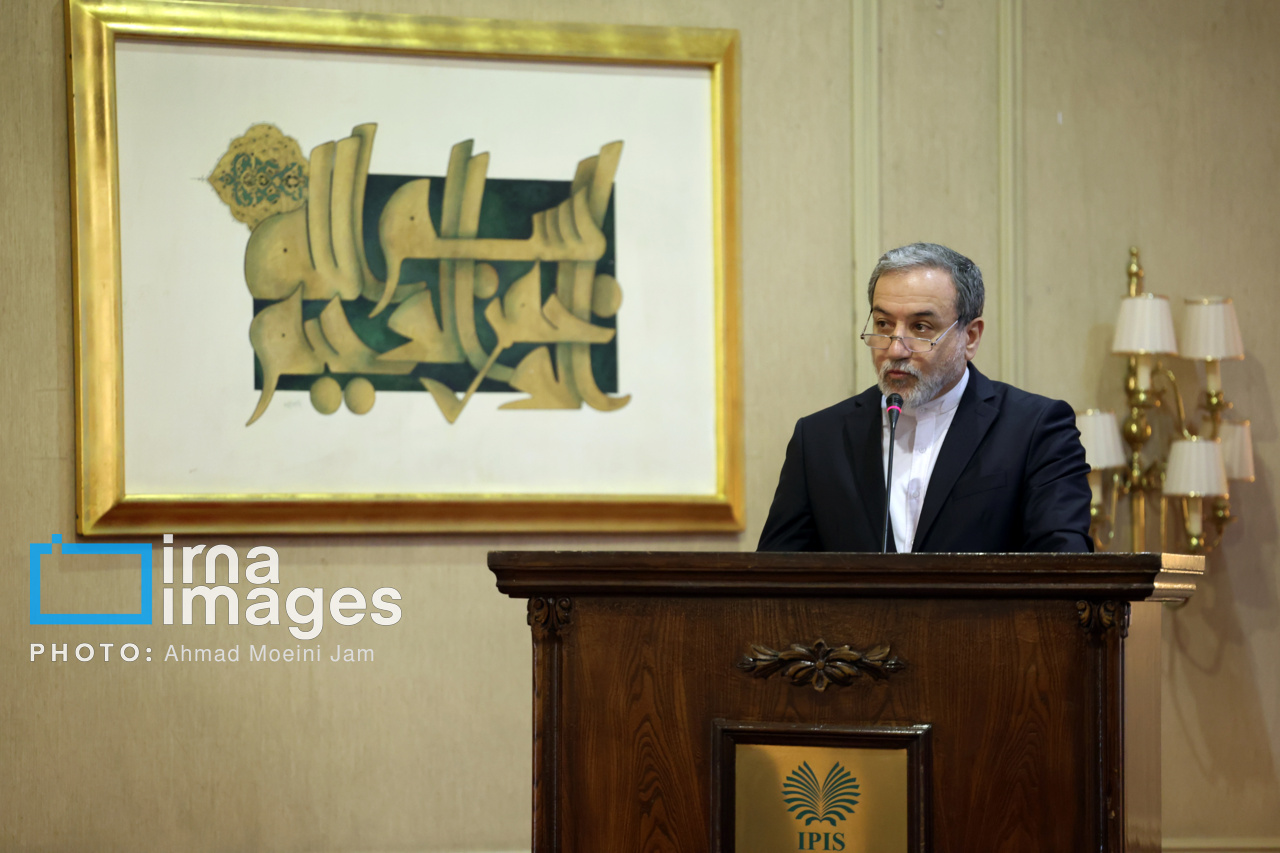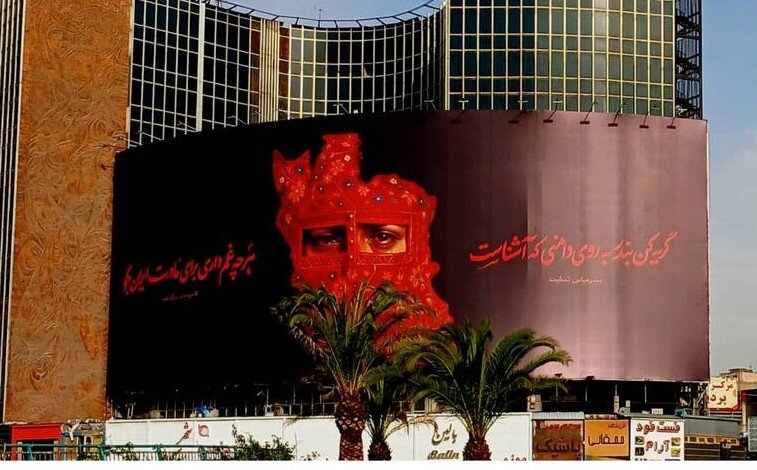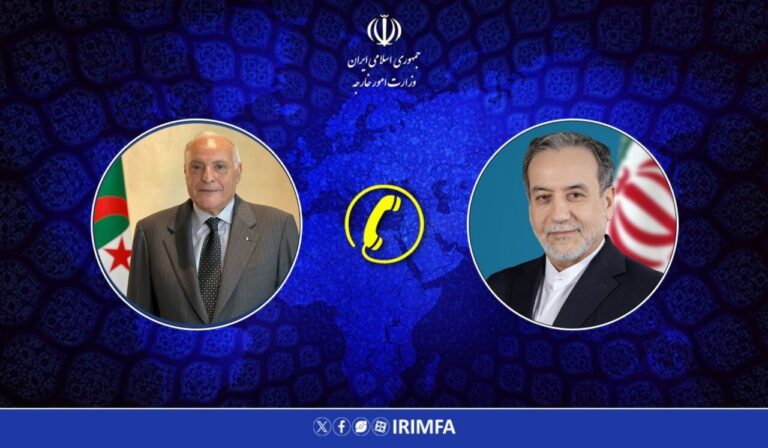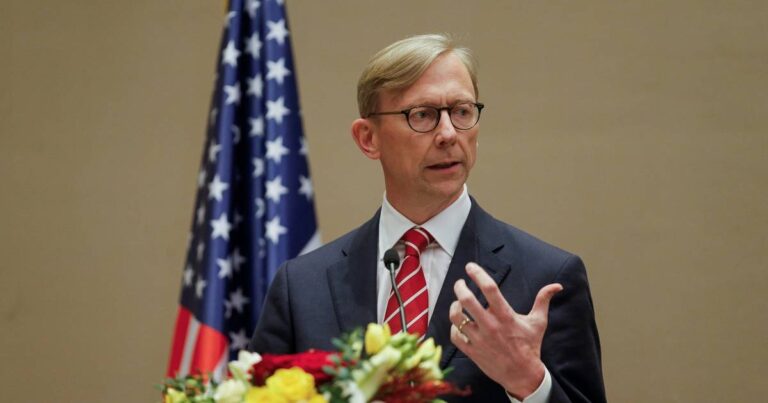Iran Slams Politically-Motivated Efforts to Rename the Persian Gulf
In a recent statement, Iranian Foreign Minister Abbas Araqchi emphasized the importance of preserving the historically established name of the Persian Gulf amid politically motivated attempts to alter it. He condemned these actions as reflective of hostile intentions toward Iran and its people, asserting that such changes are an affront to all Iranians.
Araqchi made these remarks on his X account, highlighting the significance of the name Persian Gulf, which is deeply intertwined with human history. He noted that:
- Iran has never opposed the use of alternative names like the Sea of Oman, Indian Ocean, Arabian Sea, or Red Sea.
- These names represent a shared respect for humanity’s collective heritage rather than implying ownership.
He further stated, “In contrast, politically motivated attempts to alter the historically established name of the Persian Gulf are indicative of hostile intent toward Iran and its people, and are firmly condemned.” Araqchi added that such biased actions offend all Iranians, regardless of their background or location. He expressed concern that these rumors about the Persian Gulf are merely a disinformation campaign aimed at agitating Iranians worldwide.
Araqchi also reassured that U.S. President Donald Trump recognizes the historical significance of the name Persian Gulf, which has been accepted by cartographers and international bodies for centuries. He noted that:
- The name was used by regional leaders in official communications until the 1960s.
- Any attempts to change the name will have no legal or geographical validity.
- Such actions would provoke strong reactions from Iranians across all political backgrounds, both in Iran and abroad.
Reports from the Associated Press cited unnamed U.S. officials indicating that during Trump’s upcoming visit to Saudi Arabia, he may announce that the U.S. will refer to the Persian Gulf as “the Arabian Gulf” or “the Gulf of Arabia.” This announcement’s connection to Trump’s previous discussions with the Canadian prime minister remains unclear.
If the U.S. follows through with this plan, it could lead to significant backlash in Iran, especially given the ongoing negotiations with the Trump administration regarding Iran’s nuclear energy program and related sanctions. These indirect negotiations began in April and have included three rounds thus far. The fourth round was recently postponed due to logistical issues, but Foreign Ministry spokesperson Esmaeil Baqaei noted that a new date for the resumption of talks is under consideration.






